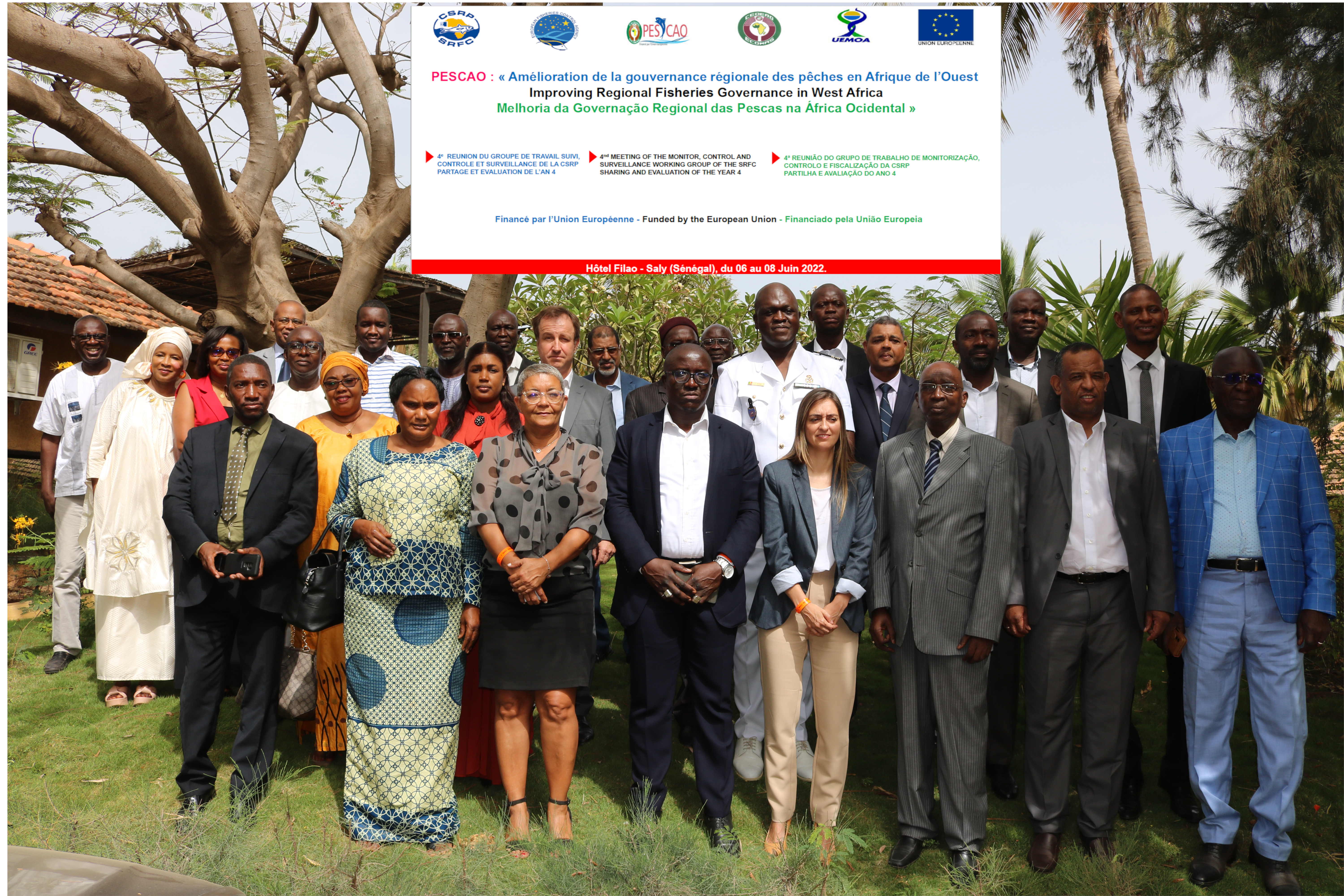
Improving fisheries governance ''necessarily'' involves strengthening cooperation in the fight against illegal, unreported and unregulated (IUU) fishing, said the Secretary of the Sub Regional Fisheries Commission (SRFC), Malal Sané one maonday.
“Improving fisheries governance necessarily involves strengthening West African sub-regional cooperation in the fight against IUU fishing. Hence the need to convince the States concerned that we have shared fisheries resources and that no State can, alone, deal with IUU fishing”, he said in particular.
He was speaking at the fourth sub-regional meeting of the Monitoring-Control-Surveillance (SCS) Working Group, which is being held over three days (from June 6 to 8), in Saly-Portudal (Mbour), in Senegal.
During this period, participants will have to share experiences and evaluate year 4 of the project “Improvement of fisheries governance in West Africa (PESCAO). This project, funded by the European Union (EU), is implemented by the SRFC.
To deal with IUU fishing and other bad fishing, Mr. Sané, who highlights the lack of means of most member countries of the SRFC, recommends the strengthening of detection, control and maritime surveillance equipment.
''It is also necessary to put in place legal frameworks that are harmonized at the sub-regional and regional levels as well as the texts which are adopted on the matter at the international level and which are not in force in our countries, among other measures which ensure that countries go together,” he argued.
The permanent secretary of the SRFC maintains that countries cannot deal with IUU fishing if they do not respect the Convention of the Food and Agriculture Organization of the United Nations (FAO) on the measures of port status.
“There are concrete responsibilities on the flag states and on the coastal states; therefore, we cannot demand certain things from ships, if we are not committed to these international agreements,” he stressed.
Malal Sané affirms that there are countries in the sub-region which even have ''very well trained'' executives, in particular inspectors, controllers and/or observers, while there are other countries which have human resources problems in the area of monitoring-control-surveillance.
“If human resources are not able to control the measures that have been adopted, this is a major difficulty. It is for we are here to identify all of this and, if necessary, help countries that have certain difficulties, ”he said.
Malal Santé also noted problems in harmonizing multilateral cooperation frameworks, particularly with the European Union (EU). “We need complementarity and synergy in initiatives and other actions,” he insisted.
Assane Dème: ecosystemes.info



